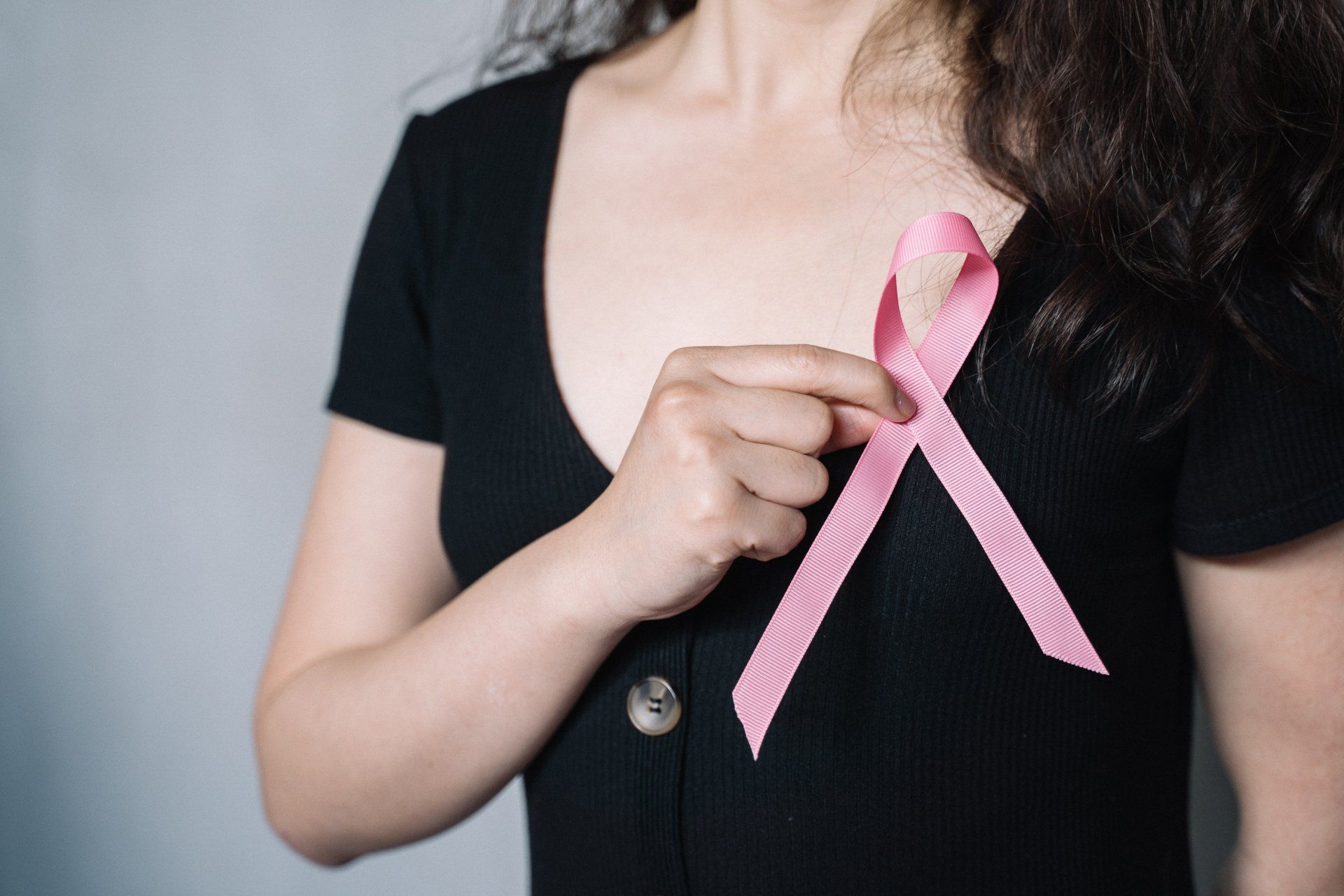The dog days of summer have come and gone....Are you hydrated?

When the intense hot days of summer arrive, it can be easy to forget the need for adequate hydration. Rising temperatures and more time outside can quickly deplete our bodies' water reserves without us realizing it.
The human body is approximately 60% water. It is essential for life and the health of every cell in your body. Water assists with temperature regulation, circulatory function, and metabolism. Maintaining adequate levels of water in the body is crucial to optimally perform all these vital functions.
Conversely, long periods without adequate water can have significant and life-threatening effects on the body.
What is a healthy hydration zone?
The Natural Institutes of Health suggests:
- For Men - 3 liters or 12.5 cups of water per day
- For Women - 2.2 liters or 9 cups of water per day
Meeting daily hydration needs is critical because many body parts require large amounts of water to function optimally.
Drinking plenty of water before a workout, a workday, traveling, or spending excess time outdoors can also go far in managing your hydration health. In addition, end each day with an extra hydration boost as you prepare for a long stretch without water intake while you sleep.
Repeat the cycle by hydrating upon rising to start the day replenished.
Timers, electronic reminders, and keeping insulated bottles of water on hand wherever you go can help ensure you keep on target.
What is dehydration?
Dehydration is defined as using or excreting more fluids than one consumes, which is easy to do in warmer weather. Young children, older adults, and people with compromised immune systems are particularly at risk for dehydration.
The signs and symptoms of dehydration:
- Dark-colored urine
- Decrease urination
- Constipation
- Lightheadedness
- Fatigue
- Headache
These can all indicate you need to drink more fluid.
Not all fluids are beneficial, however.
Some fluids may increase your risk for dehydration, such as:
- Coffee
- Caffeinated Tea
- Caffeinated Energy Drinks
- Carbonated beverages
People often blame caffeine for causing dehydration. However, more recent studies have shown that low to moderate levels of caffeine have very little dehydrating effects, perhaps debunking the long-held belief that caffeine is inherently dehydrating.
Alcohol, on the other hand, is very dehydrating due to its diuretic effect on the kidneys. A diuretic is a substance that helps the body rid itself of extra fluid and salt. According to Medical News Today, when consumed in large quantities, alcohol can have a significant effect on electrolyte balance, vitamin deficiencies, cardiovascular complications, and weakened immune systems.
When in doubt, drink water. Hydrate before you have the urge to drink.
Remember, you are ultimately in charge of keeping yourself in a healthy hydration zone.
Sources:
- https://www.medicalnewstoday.com/articles/what-percentage-of-the-human-body-is-water
- https://www.ncbi.nlm.nih.gov/pmc/articles/PMC6315424/
- https://pubmed.ncbi.nlm.nih.gov/20356431/
- https://www.medicalnewstoday.com/articles/what-percentage-of-the-human-body-is-water
- https://www.forbes.com/sites/quora/2017/06/26/how-much-water-does-your-body-need-on-a-hot-summer-day/?sh=5f594ee84127
- https://www.healthline.com/nutrition/does-coffee-dehydrate-you#dehydrating-effect
- https://www.medicalnewstoday.com/articles/diuretics
Thank you for reading Patient Education Essentials, the Write Shift RN blog.
Disclaimer: This article was written as a guest post for Write Shift RN LLC's blog. The information in it may not be wholly fact-checked or edited, allowing the reader to see the writer's work and skills firsthand. This information is not intended as medical advice. It is for informational and educational purposes only. Always talk to your doctor or other qualified healthcare providers about any questions or concerns you may have regarding medical conditions.











